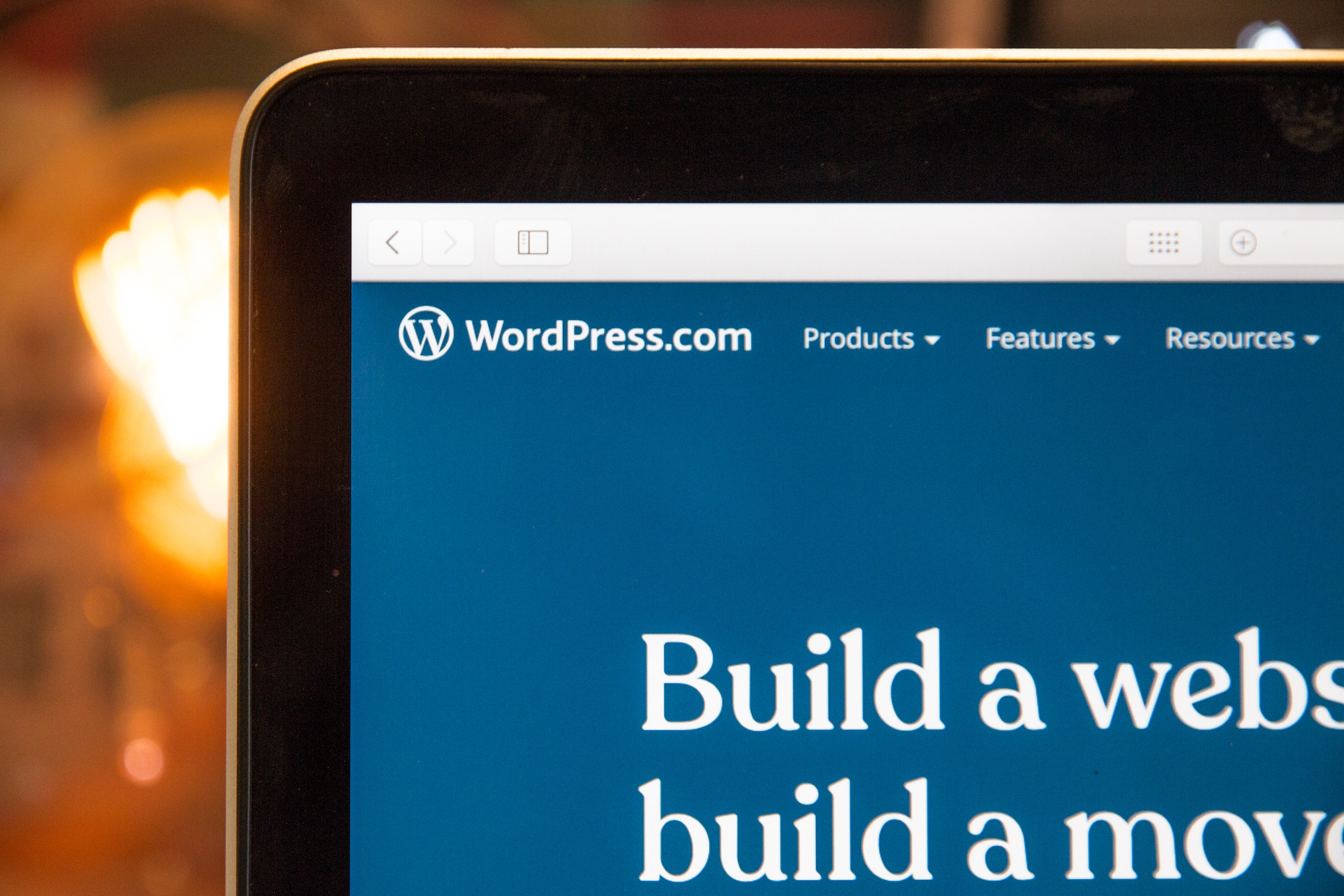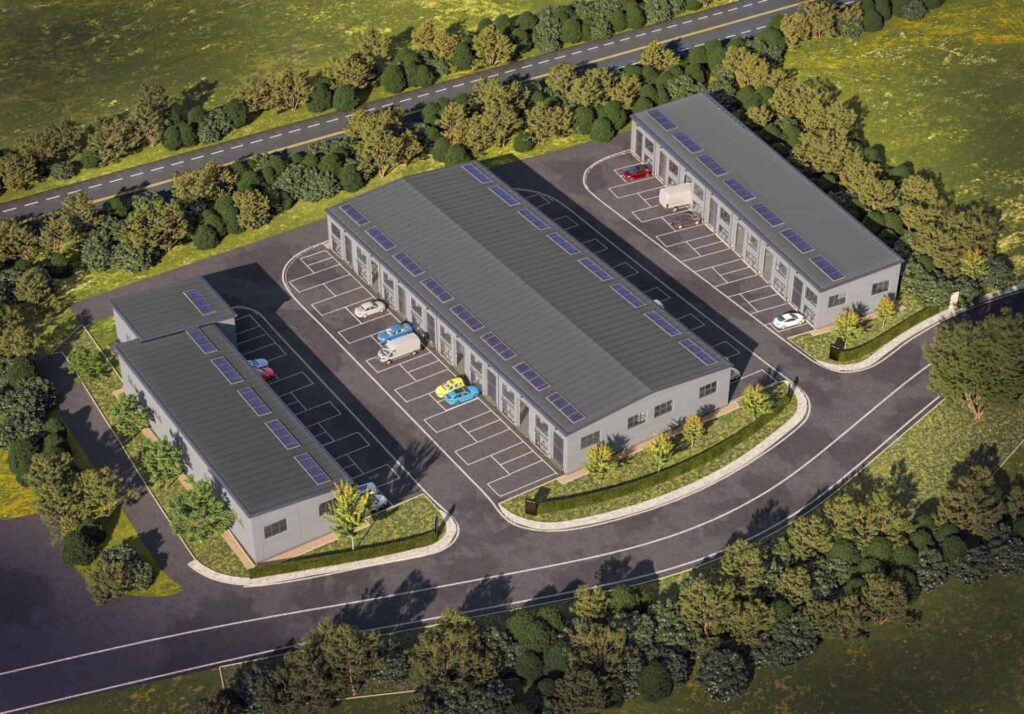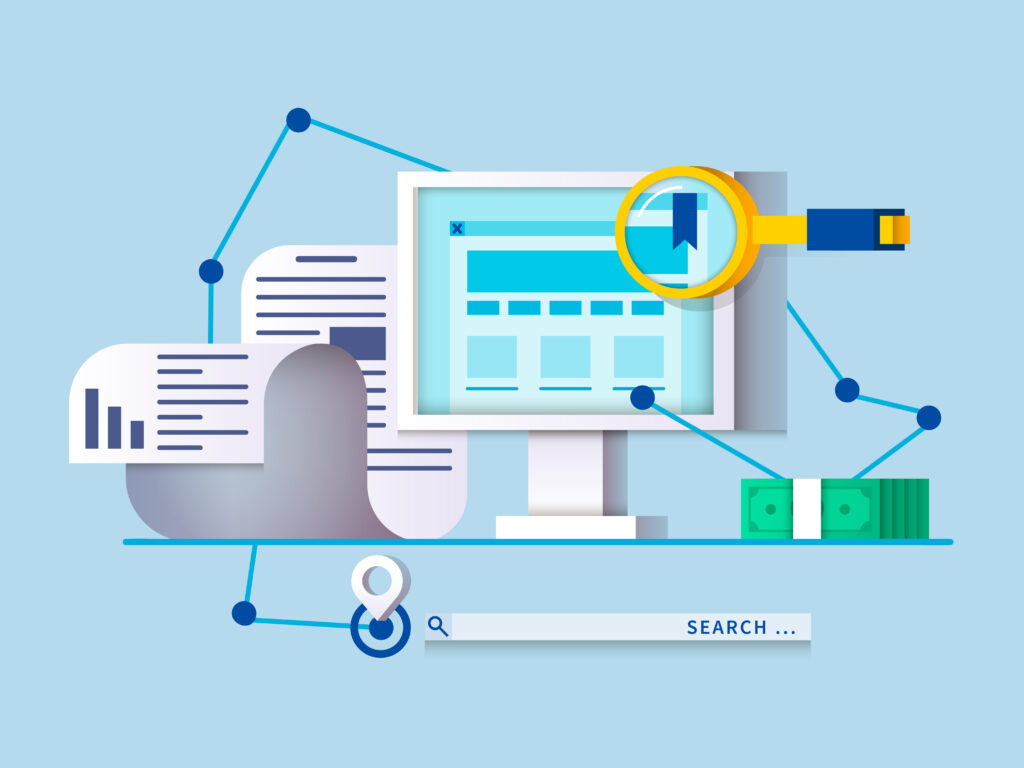Choosing the right content management system (CMS) is a critical decision in web development. A CMS serves as the foundation for your website, enabling you to create, manage, and publish content seamlessly. With a plethora of options available, it can be overwhelming to determine the best CMS for your specific needs. In this article, we will provide a comprehensive comparative guide to help you make an informed decision. By understanding the key factors and evaluating different CMS options, you can select the perfect platform to build a robust, scalable, and user-friendly website.
A content management system is crucial for effective website management. It streamlines the content creation and publishing process, simplifies website maintenance, and enhances user experience. A well-chosen CMS provides flexibility, scalability, and customisation options, allowing you to adapt to evolving business needs and deliver an exceptional online experience to your audience.
Factors when choosing a CMS
Several factors should be taken into account when selecting a CMS. Start by defining your website’s objectives, target audience, and desired functionalities. Consider factors such as ease of use, scalability, security, SEO-friendliness, available themes and plugins, integration capabilities, support and community, and cost. Evaluating these criteria will help you narrow down the options and identify the most suitable CMS for your web development project.
Comparative Analysis of Popular CMS Platforms
- WordPress: WordPress is the most popular CMS, known for its ease of use, extensive plugin library, and large user community. It offers a wide range of themes and customisation options, making it ideal for bloggers, small businesses, and content-focused websites.
- Joomla: Joomla is a robust and flexible CMS suitable for e-commerce, social networking, and complex websites. It provides powerful content management capabilities, advanced user management, and multilingual support.
- Drupal: Drupal is a highly customisable and scalable CMS favoured by large enterprises and complex websites. It offers advanced security features, excellent performance, and a strong developer community.
- Magento: Magento is a feature-rich CMS specifically designed for e-commerce websites. It provides comprehensive e-commerce functionalities, including catalog management, payment integration, and order processing.
- Shopify: Shopify is a cloud-based CMS tailored for online stores. It offers a user-friendly interface, seamless integration with third-party apps, and a robust e-commerce infrastructure.
Selecting the right a CMS
To select the right CMS, evaluate your specific requirements against the features and capabilities of each platform. Consider factors such as ease of use, customisation options, scalability, community support, security, and cost. Additionally, assess your long-term goals and potential future needs to ensure the CMS can accommodate your growth.
Implementing the right CMS
Implementing a CMS requires careful planning and execution. Start by defining your website structure, organising content, and optimising for search engines. Pay attention to website performance, mobile responsiveness, and user experience. Regularly update your CMS, themes, and plugins to maintain security and stability. Invest in robust hosting infrastructure and implement backups to safeguard your website data.
Managing your CMS
Once your website is live, ongoing management and optimisation are crucial. Regularly update content, monitor analytics, and implement SEO strategies to improve visibility and user engagement. Stay informed about CMS updates, security patches, and new features. Continuously seek user feedback and adapt your website to meet evolving user needs and expectations.
Conclusion
Choosing the right CMS is paramount for successful web development. By considering key factors, conducting a comparative analysis, and aligning CMS capabilities with your project requirements, you can make an informed decision. Remember to implement best practices throughout the development process and continuously optimise your website to deliver an exceptional user experience. With the right CMS in place, you’ll have a solid foundation for building a dynamic and engaging online presence.









